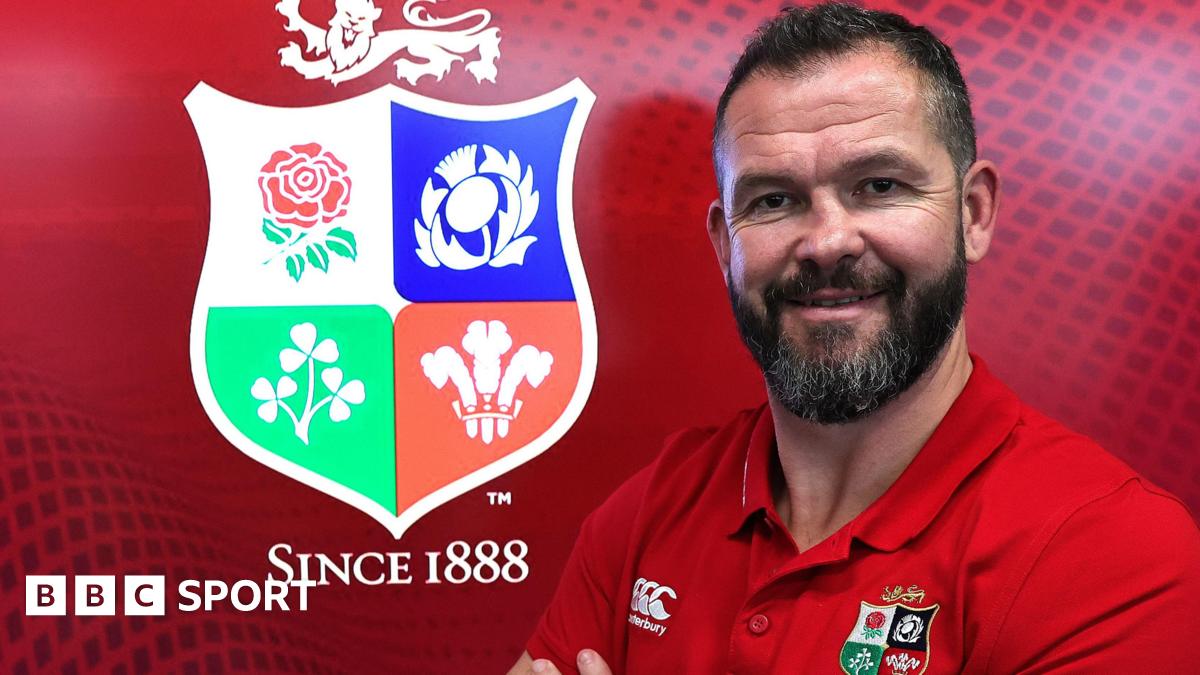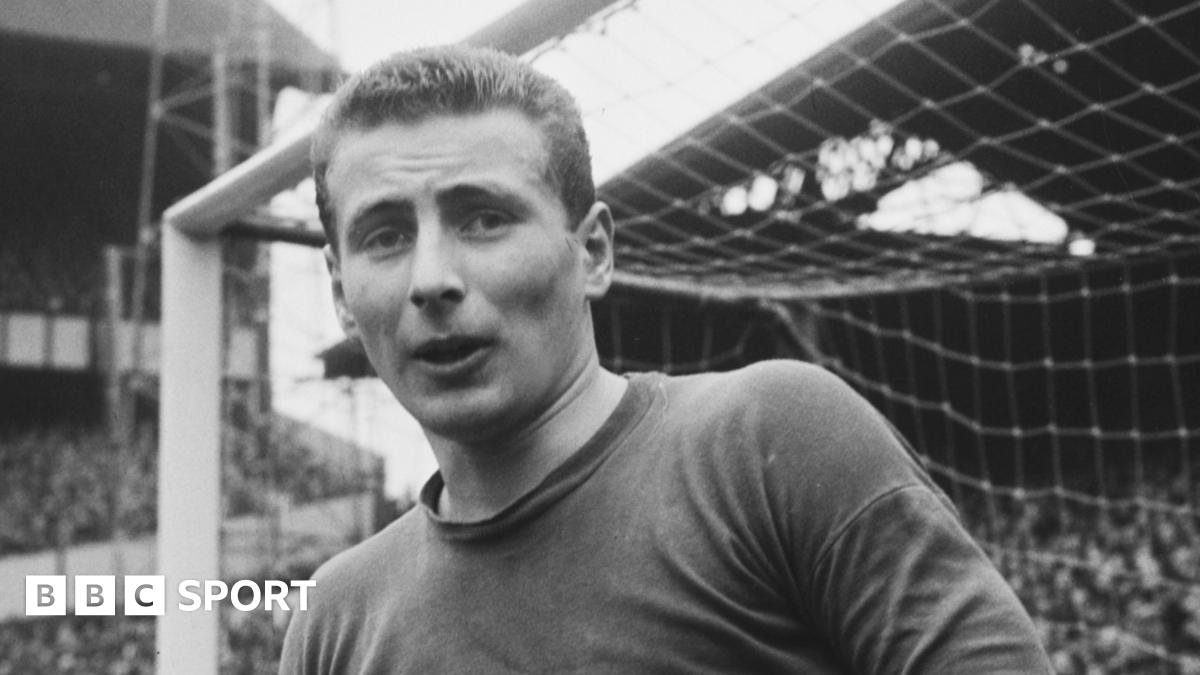ARTICLE AD BOX
Eliud Kipchoge talks about his fifth and final Olympics
Celestine Karoney
BBC Sport Africa
Rob Stevens
BBC Sport Africa
Eliud Kipchoge is used to leading from the front, but the Kenyan is pursuing his own place in the sporting history books at the Paris Olympics.
On Saturday the 39-year-old will look to become the first person to win three consecutive marathon titles at the Games.
As well as holding off a field dominated by younger competitors, Kipchoge will be battling the weather.
Temperatures in the French capital were impacted by extreme heat last week, with the mercury rising into the mid 30s Celsius.
“The course is really tough - about 40% is really hilly – and I think the temperature will contribute a lot,” he told BBC Sport Africa.
“Even by eight, nine, 10, in the morning, I think it will go up to 30 degrees. It is tough to run a full marathon [in] 30 degrees.
“It will take a lot of time for us to climatise, to prepare the mind to go through that tough temperature on the course.”
From a starting elevation of 36 metres above sea level in the centre of the city, the route will climb to a peak of 183m on the road to Versailles ahead of a second, sharper ascent to 172m before the 30km mark as the competitors return to Paris.
The start will be at 08:00 local time (06:00 GMT), and Kipchoge altered his training regime at his base in Kaptagat in a bid to add another gold medal to his ones from Rio 2016 and Tokyo 2020.
“I will keep in my mind about running the hilly course and try to do some runs [in] high temperatures to conduce my body towards Paris,” he explained in an interview during his preparations.
“Sometimes timing to train maybe at 10am, 11am to feel that heat.
“It will depend on the day because it might be a faster marathon, it might be slow.
“But [at the] Olympics we don't consider time.”
Kipchoge ‘fighting for history’
Image source, Getty Images
Image caption,Eliud Kipchoge won his second Olympic marathon title in Sapporo three years ago and is now looking to make it three in a row in Paris
When Kipchoge crossed the finish line in Sapporo, Japan, three years ago he matched the achievements of successive Olympic marathon champions Abebe Bikila (1960 and 1964) and Waldemar Cierpinski (1976 and 1980).
The Kenyan no longer holds the world record over 26.2 miles (42.195km), with his mark bettered by the late Kelvin Kiptum last October, but is “fighting for history” as he looks to surpass the men from Ethiopia and East Germany.
“I want to go into history books, to be the first human being to win back-to-back-to-back,” he said.
Back in April, Kipchoge said his “huge expectation” was to win in Paris despite finishing 10th at March's Tokyo Marathon – his lowest ever competitive placing.
“It will put more pressure [on] and a lot of expectations are there,” he said.
“If I lose a marathon then I’ll get disappointed. But then I go back and start the journey again.”
On the rare occasions Kipchoge does not top the podium – which has happened just three times since the start of 2014 - he draws inspiration from challenges which other elite sportsmen have endured.
He cites the examples of seven-time Formula 1 world champion Lewis Hamilton at Mercedes this season and former UFC title-holder Francis Ngannou being knocked down in a boxing match by Anthony Joshua in March.
“You can be in good shape but that one punch can knock you out and finish you in one second,” Kipchoge added.
“It’s not about losing. It’s about getting up and going straight to your goal again.”
Happy memories in Paris
Image source, Getty Images
Image caption,An 18-year-old Kipchoge won his first major title at the 2003 World Championships in Paris, beating two all-time greats, Kenenisa Bekele of Ethiopia (left) and Morocco's Hicham El Guerrouj (right) in the 5,000m final
Kipchoge is also returning to the city where his senior career took off after winning gold in the 5,000m at the 2003 World Championships, aged just 18.
“This Olympics is special for me, happening in Paris where I started my life in sport,” he said.
“It's the genesis of me going to the global arena to run, being on the start line with really experienced people and getting exposure.
“I can say I was really happy. It impacted my life in a positive way.”
Kipchoge is set to line up alongside Ethiopian great Kenenisa Bekele, a man two years his senior who finished third in that track final in Paris 21 years ago.
The Kenyan says “being self-disciplined, consistent and respecting the sport” has been key to his longevity.
The next chapter
Kipchoge is refusing to confirm if he will retire after the Games, with his aim still to inspire more people to take up running.
“If you can tell me the world has become a running world I will retire,” he said.
“I want all families to make running their lifestyle; wake up in the morning, wear shoes, get out of the door and run and come back. That's what I need.
“If we get over three billion people running then this world will be united, which will be beautiful and we'll get rid of all this negativity going around.
An example of the sport providing opportunities will come in the hours after Kipchoge takes to the streets in Paris, when the public will be able to run the marathon course., external
Starting at 21:00 local time, 20,024 runners will trace the steps of the elite men, with the same number following a 10km course two and a half hours later.
Image source, Getty Images
Image caption,Kipchoge has been involved in promoting the mass participation marathon that will take place on the streets of Paris after the Olympic marathon has finished
“The International Olympic Committee made a good decision to include the fans and give them their time to run through the course,” Kipchoge said.
“It will be the first marathon for normal people to run as Olympians, although they will not consider them as Olympians. But they will give them a chance to run to celebrate humanity and the Olympics.
“It's really important because we are going to Olympics because of the fans, and fans are there because of us. So it's a mutual interest.”
The East African great concedes that Paris is likely to be his final outing at the Games.
“I think I'll be in the benches watching people, if all goes well, in Los Angeles [in 2028],” he conceded.
“Running the last Olympics doesn't mean I'm quitting running. I love the sport.”
The Paris 2024 marathon will culminate on the Esplanade des Invalides, in sight of the resting place of Napoleon.
Over 200 years on from his death, France’s former emperor was the subject of a Hollywood biopic and Kipchoge is seeking his own piece of immortality in the sporting sphere.
“I think I'll be a happy person at heart when I win a gold medal,” he said.
“That means history will be written.”

 5 months ago
17
5 months ago
17








 English (US) ·
English (US) ·